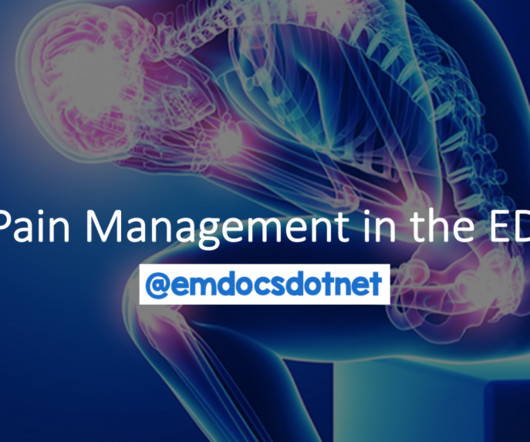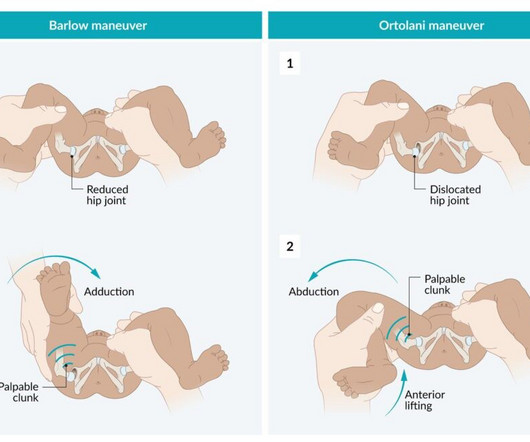Tachycardia must make you doubt an ACS or STEMI diagnosis; put it all in clinical context
Dr. Smith's ECG Blog
OCTOBER 26, 2010
He had this ECG recorded. He was rushed by residents into our critical care room with a diagnosis of STEMI, and they handed me this ECG: There is sinus tachycardia with ST elevation in II, III, and aVF, as well as V4-V6. But, remember, we do not evaluate and treat ECGs, we evaluate and treat patients.



















Let's personalize your content